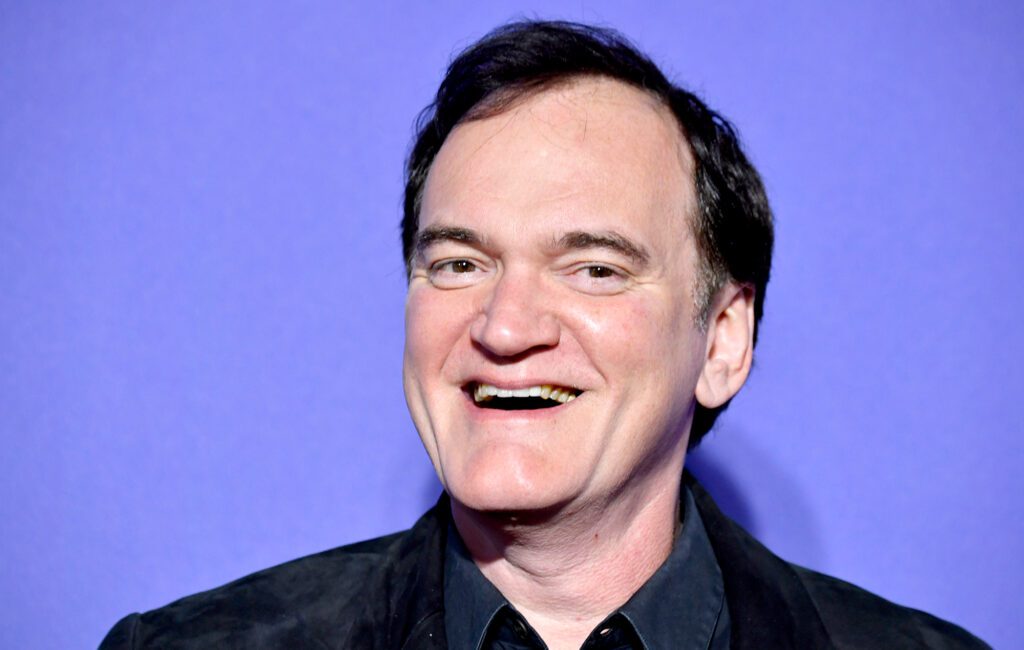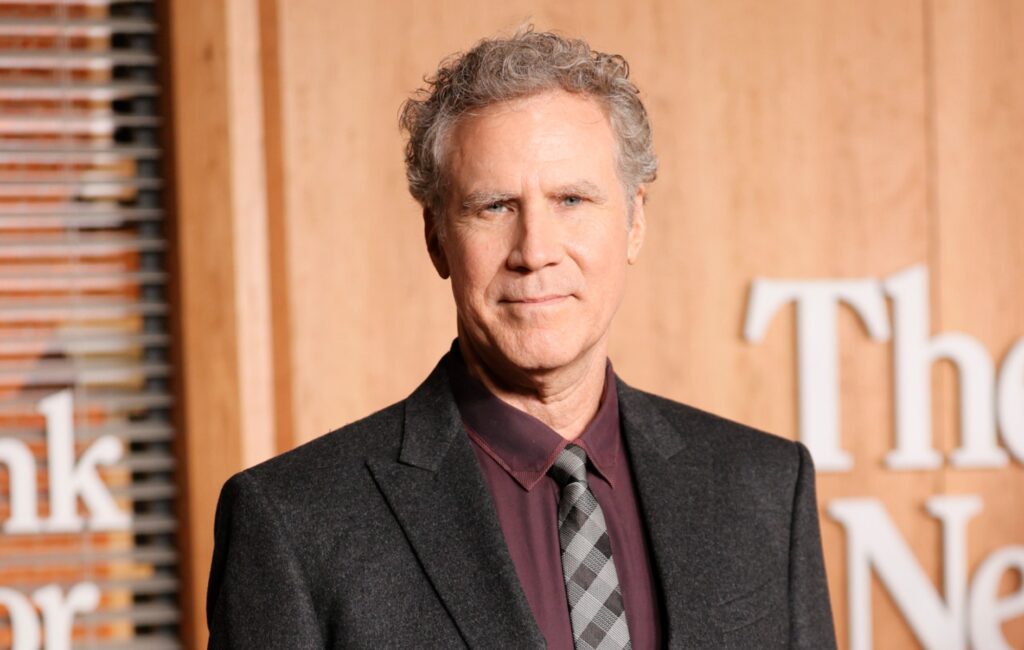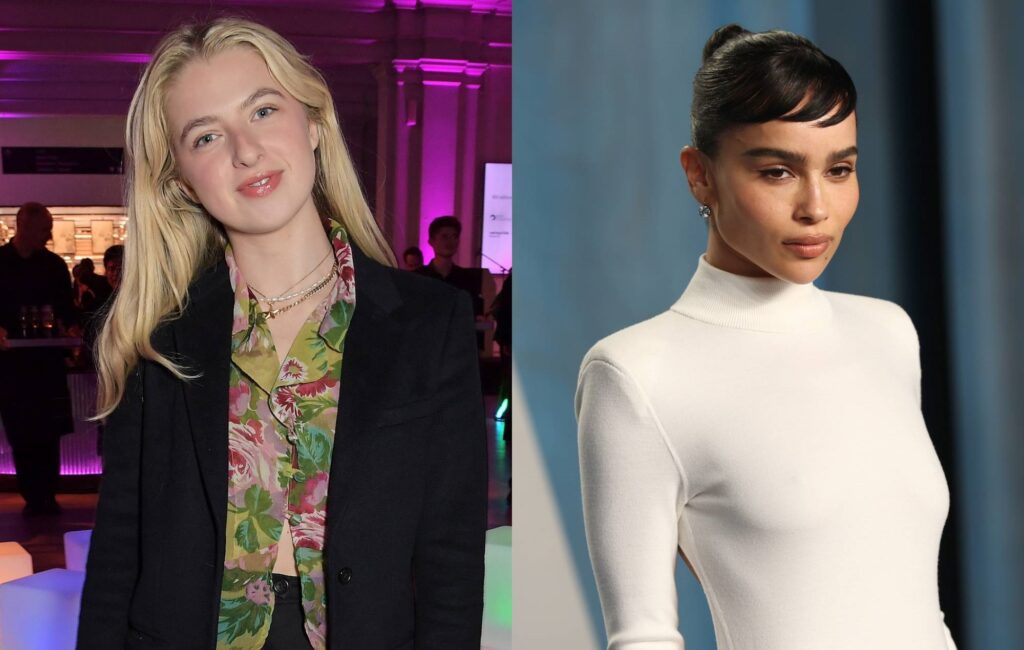Riz Ahmed calls for urgent change in ‘toxic portrayals’ of Muslims in Hollywood
Riz Ahmed has spoken out about the “toxic portrayal” of Muslims on screen.
- READ MORE: Riz Ahmed on being an actor, activist and rapper: “Representation stretches culture – it might even heal people”
In a passionate speech posted on the actor’s YouTube channel, Ahmed addressed “racist” Hollywood films and described his own difficult experiences as a Muslim man.
He also spoke about the “bittersweet” experience of receiving his first Oscar nomination this year.
“I simultaneously wore that slightly dubious accolade with a sense of gratitude personally… I also felt tremendous sadness,” said Ahmed.
“How was it that out of 1.6 billion people, a quarter of the world’s population, none of us had ever been in this position until now?”
Watch the video below.
Ahmed simultaneously spoke out about “frankly racist” Oscar-winning films like The Hurt Locker and Argo. He branded them “films that dehumanise and demonise Muslim characters, insofar as they are the perpetrators or victims of violence, unworthy of empathy or incapable of empathy”.
In a bid for change, the actor has co-launched the Blueprint for Muslim Inclusion, which will include funding and mentoring for Muslim storytellers in the early stages of their careers.
The $25,000 (£17,721) fellowships for young Muslim artists will be decided by an advisory committee that includes actors Mahershala Ali and Ramy Youssef, and comedian Hasan Minhaj.

“The representation of Muslims on screen feeds the policies that get enacted, the people that get killed, the countries that get invaded,” Ahmed said in a statement on the Pillars website.
The actor also made reference to Missing and Maligned, a study by the Annenberg Inclusion Initiative found that less than 10 percent of top-grossing films released from 2017-2019 from the United States, the United Kingdom, Australia and New Zealand featured at least one speaking Muslim character.
The study showed that when they did feature, they were shown as outsiders, or threatening, or subservient. Roughly one-third of Muslim characters were perpetrators of violence.
“The data doesn’t lie. This study shows us the scale of the problem in popular film, and its cost is measured in lost potential and lost lives,” said Ahmed.


